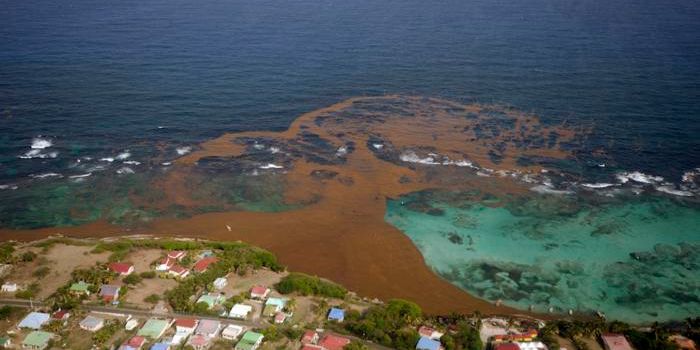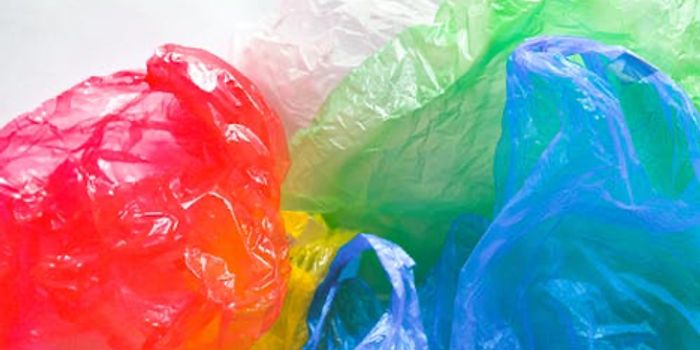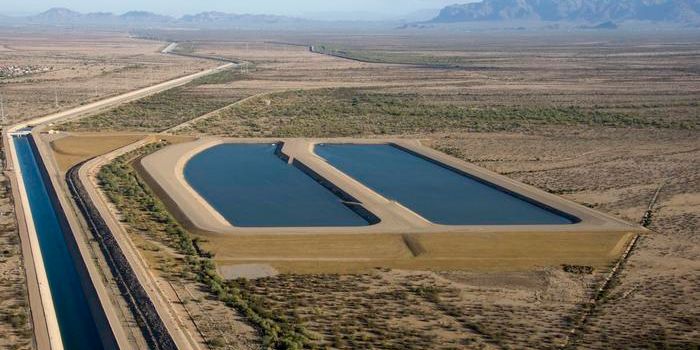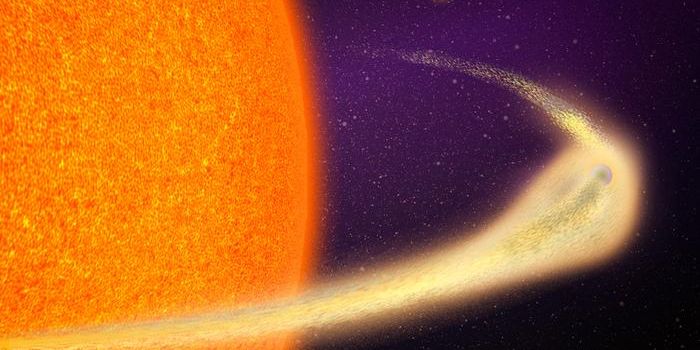Kenyan David Rudisha is a 2012 and 2016 Olympic champion in the mid-distance 800 meter running event. He is also the first and only person to ever run under 1:41 for the event. His records and awards abound, including his most recent gold medal in Rio. However, from an environmental standpoint, his speed is not necessarily the most influential aspect of him.
Rudisha is Maasai, an ethnic group renown throughout Kenya and Tanzania for their fierce warriors. For Maasai, the traditional rite of lion hunting is extremely important for the passage of young men into their warrior status. Yet there has been an increasing issue with pressure from conservation groups and the government alike (who rely on wildlife-craving tourists for much of Kenya’s income) to curb this tradition because of the negative effects it has on lion populations. It is a prime example of the endless cases of human vs. wildlife and traditional vs. progressive conflicts that exist in increasingly developed and post-colonized lands.
However, it seems that with Rudisha’s example as well as the cooperation between the Maasailand Preservation Trust and Big Life Foundation, the Maasai are creating a new tradition: their own Olympics that is trading in lion trophies for sports trophies.
Rudisha explains how he was received by his people after the first time he came back from breaking the world record:"When I came back they said 'I think you did something special, even more than killing a lion'. They made me a leader. I didn't have to kill a lion. They say breaking two world records was more significant and was just like killing the lion. I think that is really cool because we are also trying nowadays to educate them to discourage the killing of wild animals because now in Kenya we have more statues of lions than lions themselves."

Realizing that this could translate into a modern view of an old tradition, Rodisha became the patron of the Maasai Olympics, stating how athleticism is really built into the Maasai culture. "We do unique sports. We throw the spears and Masais are well known for jumping and dancing, so we also have high jump whereby you jump as high as you can to hit the rope with your head," he said. "It's a kind of unique high jump. We are trying to encourage them not to continue killing the wild animals."
Sources:
The Big Life Foundation,
NBC Olympics,
The Sydney Morning Herald










